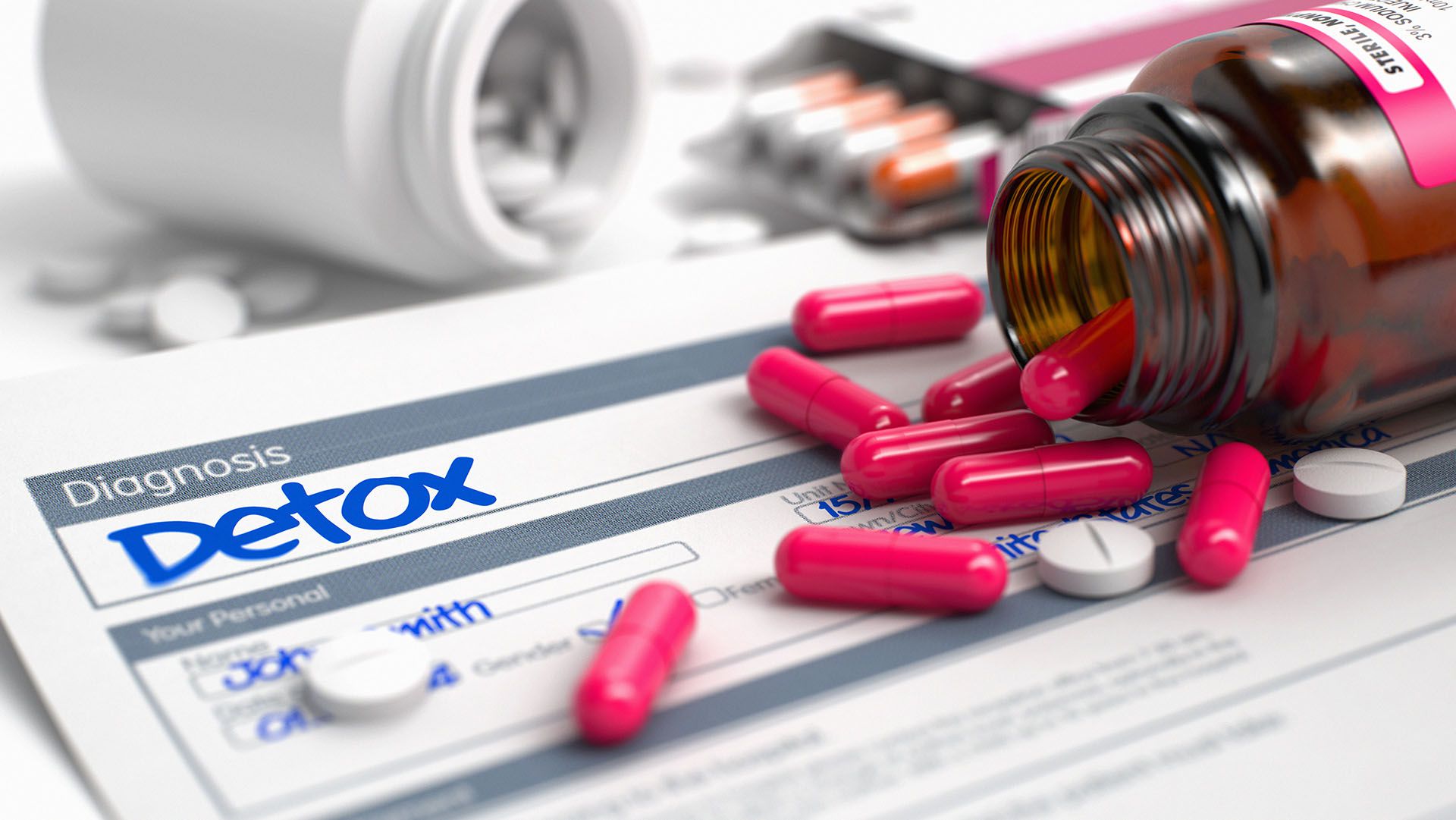How to Select The Right Alcohol Rehab For Recovery
Whether you’re just beginning your search for an alcohol rehab facility or are still on the fence about whether you actually need treatment, knowing what to look for can help you avoid spending time and money on an alcohol recovery facility that’s just not right for you.
Knowing the principles of successful alcohol recovery can also inspire you to seek assistance from a first-rate alcohol rehab facility. Many alcoholics struggle to accept that they have an addiction, but denial is a symptom of addiction—not proof that you don’t need help.
Alcohol Addiction is a Treatable Brain Disease
Many alcohol addicts labor under the misapprehension that their addiction is their fault, that if they tried harder, found God, listened more to loved ones, or made some other positive choice, the addiction would magically melt into oblivion. But life is not a fairytale, and no one willingly chooses the disease of addiction.
Addiction changes the way your body and brain react to dangerous substances, such that if you suddenly stop taking them, you may be endangering your psychological well-being, and potentially even your life.
Of course, the fact that alcoholism is a chronic disease does not mean all is hopeless. Alcohol addiction is a treatable disease, and while there is no cure, abstaining from alcohol can help you avoid the pain of a relapse. Over time, the cravings get less severe, until they eventually disappear altogether.
No Alcohol Addiction Treatment Method Can Work for Everyone
Though the right combination of therapy, medication, lifestyle remedies, and medical care are key to the alcoholics’ recovery journey, there’s no single program that will work for everyone. Devoutly religious people may prefer a spiritually inspired program, while those who prefer a secular approach might find this same treatment style alienating.
Don’t believe any alcohol addiction program that says it’s the only thing that can cure you, and don’t trust any addiction professional who tells you there’s only one path to sobriety.
Relapse is Common But Preventable
Between 40% and 60% of all addicts eventually relapse, and any good recovery program needs to prepare for the possibility of a relapse. This doesn’t mean relapse is inevitable; if you permanently abstain, adopt healthy lifestyle choices, and commit to a long-term path to recovery, you can almost completely eliminate your chances of relapse.
Moreover, even if you do relapse, research increasingly suggests that relapse is actually a normal part of the recovery journey, and that a relapse can actually teach you quite a bit about your addiction, thereby increasing your odds of staying sober when you try again.
Effective Treatment is Holistic and Integrative
Treatment for alcoholism shouldn’t just be about getting you off of alcohol, because if this is all it does, you’ll be right back to using again as soon as the going gets rough. The best treatment protocols integrate components of several proven methods, treating your whole person—mind, body, and spirit.
Treatment Must be Sufficiently Long
Many alcohol addicts mistakenly believe the purpose of treatment is to get sober. But getting sober is just the first step on the journey. The real challenge is in remaining sober for the long-term. For this reason, treatment should be sufficiently long enough to detox from alcohol, then should begin in earnest with therapy, lifestyle skills training, and other approaches that prepare you to resist temptation for a lifetime.
For most alcohol addiction treatment programs, this means a commitment ranging from a month to six months or longer. Even after you check out of alcohol rehab, you may need to continue with regular “tune-ups” in the form of 12-step meetings and therapy. Further, if you don’t continue using the lifestyle strategies you learned in rehab, you may find yourself relapsing in no time at all.
Therapy and Medication Are Both Important
Some alcoholics are able to get sober using only 12 step programs like Alcoholics Anonymous, or by relying on only one approach. But a blend of therapy, medication where necessary, and medical treatment for any underlying conditions you may have is the best recipe for sobriety success.
Any alcohol addiction treatment program that devalues either of these approaches, or that insists a single treatment protocol will “cure” you, is misleading you and preying upon your desire to get sober.
Your Family and Loved Ones Should Be Involved
If you’ve been an addict of alcohol long enough, odds are good you have serious conflict with at least a few people you love. Addiction is a family disease that affects everyone you love. From the enabler who supports your addiction to the angry loved one who blames you, your entire family should be part of your sobriety journey.
Equally important is to make amends to your family; until you’re ready to accept the fact that your addiction to alcohol has hurt others, you’re likely not yet ready to get sober.
Addiction tears families apart, but a good alcohol addiction recovery program helps you begin to put the pieces back together. You can’t fix what addiction has done to your family overnight, but you can include them in your treatment and steadily work to remedy the harm you’ve caused; you may not be responsible for your addiction, but you are absolutely responsible for how the choices you make affect the people you love.
Your Mental Health Matters
About half of all people with an addiction have an underlying mental illness, such as depression, PTSD, a personality disorder, or generalized anxiety disorder. You cannot separate your mental health from your addiction. Instead, effective treatment programs prioritize both.
In many cases, the mental illness is itself a risk factor for addiction, since many mental illnesses necessitate the use of potentially addictive pharmaceuticals.
In other cases, addiction is the predictable result of unmanaged symptoms, as a struggling person tries to cope with the pain in whatever way he or she can. No matter how the mental illness interacts with the addiction, treatment should address both components simultaneously.
Your Alcohol Addiction Treatment Plan Should be Continually Re-Evaluated
Treatment plans are living documents, not the final word on what will “cure” you. Your treatment team should regularly re-evaluate your alcohol addiction treatment plan to explore what’s working and what’s not.
This means that a good treatment program should also welcome critiques, since it’s only by giving feedback on your progress that you can make tweaks that help you deepen your progress. If your treatment program insists that you stick with the same program no matter what, it’s time to move on.
Alcohol Detox is the First Stage of Recovery, Not a Substitute for Recovery
Detox is the process through which alcohol leaves your body. After alcohol detox, cravings become more manageable, and your thinking becomes clearer. This does not, however, mean that the journey to sobriety is over. Detox is just the first step, not a substitute for a comprehensive, holistic treatment program.
Many alcohol addicts feel a sense of euphoria upon completing detox, gleeful that the worst is behind them. This sense of euphoria does not mean you’re cured. Until you work to address the underlying motivations behind your addiction to alcohol, you will be at risk of relapsing.
Good Treatment Addresses Physical Health Needs
Addiction is a disease of the body and mind, which means it’s not acceptable to neglect your physical needs. Your treatment team should ensure you get a comprehensive health evaluation to explore whether and to what extent your addiction has affected your health.
From there, your treating physician should work with you to mitigate the effects of your addiction by recommending healthy lifestyle strategies, monitoring your health on an ongoing basis, and prescribing medications as necessary.
Contact Addiction Rehab Centres Canada today!
Further Reading:
Enter an Alcohol Rehab Program
Am I an Alcoholic?
Toronto Alcohol Rehab
Tips for Choosing an Alcohol Rehab Center
Benefits of Choosing a Holistic Alcohol Rehab
Alcohol Detox Explained
Alcohol Addiction Treatment
Do I Need Alcohol Addiction Treatment?
Wikipedia: Alcohol Dependence.







